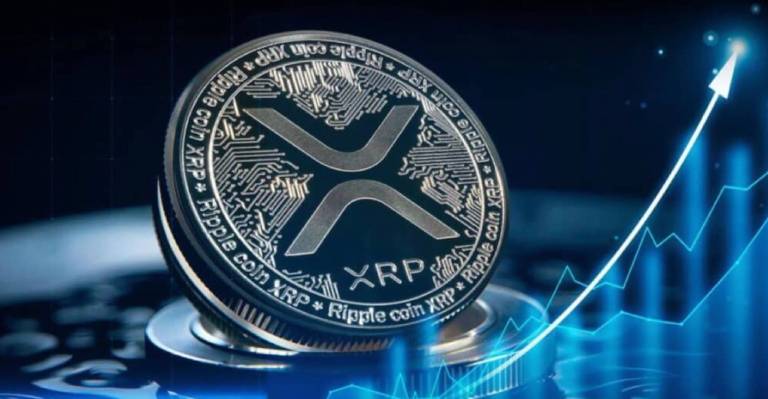TL;DR
- Ripple CEO Brad Garlinghouse hinted at the possibility of an XRP ETF following the approval of Ethereum ETFs by the SEC.
- The ongoing lawsuit between Ripple and the SEC is a significant obstacle to the approval of an XRP ETF.
- Analysts suggest that Solana could be a more likely candidate for an ETF over XRP.
The recent approval by the United States Securities and Exchange Commission (SEC) of eight Ethereum ETFs has generated renewed interest in the possibility of other crypto assets following the same path, including XRP.
Brad Garlinghouse, CEO of Ripple, has hinted that an XRP ETF could be a reality in the near future, although he has not committed to a specific timeline due to regulatory uncertainties.
Brad confirming XRP ETF and still following 589! 2024 is going to be big for #XRP pic.twitter.com/LI7D1F0NVb
— Zach Rector (@ZachRector7) May 24, 2024
Garlinghouse celebrated the approval of Ethereum ETFs in a post on X (formerly known as Twitter), describing these events as “momentous” for the cryptocurrency industry.
This optimistic reaction suggests that Garlinghouse sees a promising future for XRP ETFs, especially in a context where regulation advances and regulations for these financial products are clarified.
However, the path to an XRP ETF is not easy.
The ongoing lawsuit between Ripple and the SEC, in which the SEC accuses Ripple of selling unregistered securities, represents a significant hurdle.
The outcome of this litigation will be crucial in determining not only the future of Ripple, but also the viability of an XRP ETF.
Garlinghouse has previously mentioned that he considers the creation of an XRP ETF inevitable, but has always stressed that regulatory uncertainty is a critical factor that cannot be ignored.
Despite this optimism, some market analysts suggest that other cryptocurrencies could be better positioned to launch ETFs before XRP.
Bloomberg ETF analyst James Seyffart has noted that Solana (SOL) could be a more likely candidate due to its market position and broader appeal.
Seyffart suggests that although a Solana ETF might not materialize until 2026, its path appears less complicated compared to XRP, especially if CFTC–regulated futures markets develop.

Outlook for the Future of Cryptocurrency ETFs
The approval of Ethereum ETFs and legislative advances such as the FIT21 bill are clear signs of progress in the cryptocurrency regulatory space.
These developments indicate greater acceptance and recognition of digital assets in traditional financial markets.
For XRP, the resolution of the lawsuit with the SEC will be decisive. If Ripple can overcome this legal challenge, the prospects for an XRP ETF will improve considerably.
Cryptocurrency investors and enthusiasts are watching these developments closely, aware that any developments in this area could have significant implications for the broader market.
Meanwhile, the possibility of ETFs for other cryptocurrencies like Solana suggests that the market is in a constant state of evolution.
The creation of ETFs for crypto assets is seen as a way to legitimize and stabilize the market, offering traditional investors a safe and regulated avenue to participate in this space.

